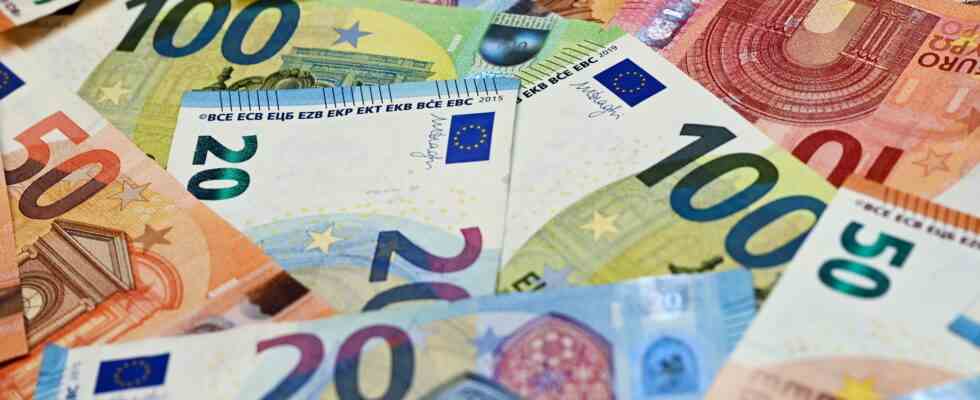comment
Status: 03/17/2022 08:52 a.m
100 billion euros special fund, a supplementary budget for possible petrol discounts or other help against rising energy costs: the three-part budget of the federal government has it all.
If there were a collection of curiosities in the Ministry of Finance, the federal budget for 2022 should find its way into it. Certainly, the officials in Berlin’s Wilhelmstrasse are used to dealing creatively with figures. But this time, their new boss Christian Lindner demanded a lot from them.
So this household is split into two, actually even into three parts. First, there is the core budget, as the people and their government would have been only too happy to have had the corona pandemic ending. A still high, but well-founded level of new borrowing would have served the noble purpose of cushioning the social and economic consequences of the virus one last time before the 2023 budget finally reflected normality again.
Part two: the special fund
If it weren’t for part two of the truth, which, strictly speaking, doesn’t even belong to the budget: With the Bundeswehr special fund, the government has created a surprising financial pot under great pressure. With 100 billion euros, it contains considerable credit-financed funds, but by being anchored in the constitution, these should escape the rules of official accounting. Such a trick only works in a crisis. In normal times, budget politicians of all stripes would have castigated such a shadow budget massively. Now there is surprisingly little resistance across a broad political spectrum between the Greens, who still seem bewildered, and the outwardly cooperative CDU leader.
Part three: supplementary budget
However, the rest of the budget process could still be difficult. As a third part, Lindner is already planning a supplementary budget that is intended to reflect the risks of the new crisis. This is already causing tension within the traffic light coalition. Is it enough to provide consumers with petrol discounts, as Lindner thinks? Or does it need help with an economic and ecological steering effect, as the Greens are demanding? Under the pressure of the crisis, Chancellor Scholz’s cabinet may still have to make some directional decisions.
Opposition leader Merz suspects this weak point of the traffic light and is already setting conditions: approval of the necessary constitutional amendment for the Bundeswehr special fund: only if the Union is allowed to help shape spending. Corrections to the debt brake: perhaps if the government puts its own projects to the test and weights them.
Crisis after crisis is likely to spread new ways of spending government money. When there is a crisis, other budgetary rules apply. It seems almost inevitable that the 2022 budget will end up with even more debt than the previous record budget last year. Without question: 2022 would have a special place in a collection of curiosities.
Editorial note
Comments always reflect the opinion of the respective author and not that of the editors.

